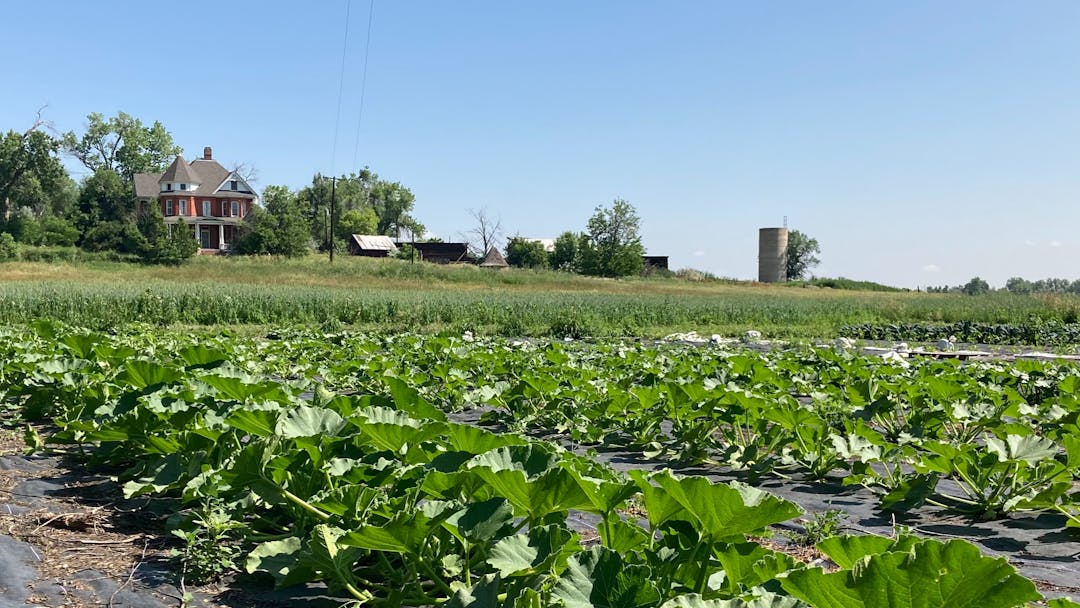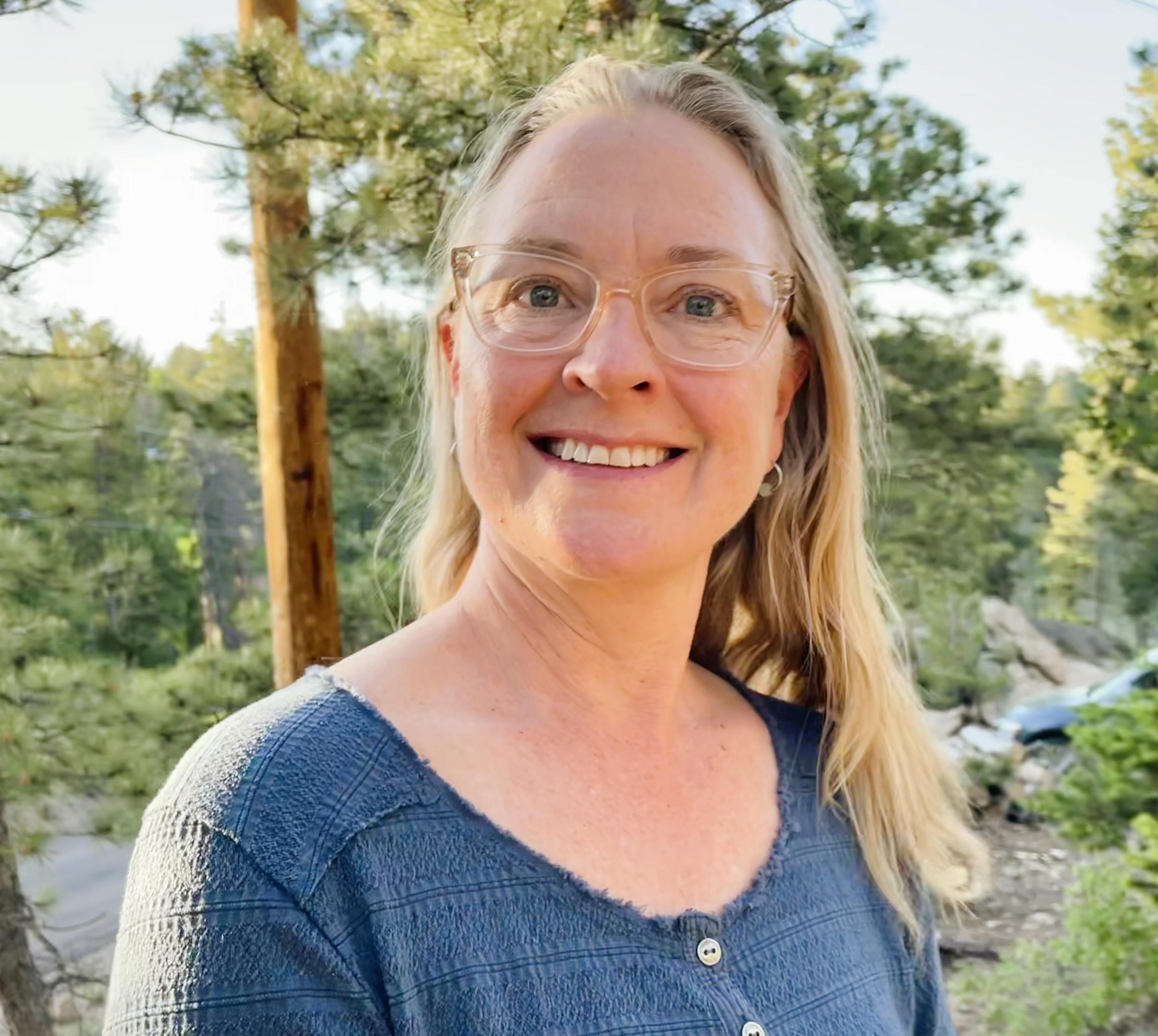Fort Chambers / Poor Farm Site Planning

The City of Boulder is collaborating with Tribal Representatives and seeking input from community members to design an interpretive experience at the Fort Chambers / Poor Farm site. The interpretive experience will share the history surrounding the site and provide spaces for learning and reflection.
The 113-acre Fort Chambers/Poor Farm property is historically significant due to its ties to the Sand Creek Massacre, and is also rich in ecological and agricultural value. Detailed information about the site’s background can be found on the Fort Chambers / Poor Farm Site Information Story Map.
The City of Boulder is currently Identifying a vision for the Interpretive Experience along the proposed “Healing Trail”, a key element of the Concept Plan developed with Arapaho and Cheyenne Tribal Representatives last year.
This phase of the project builds on community input gathered earlier this year where community members shared ideas, stories, and perspectives for interpretative elements and helped determine which ideas, stories or themes were most important to be featured along the planned “healing trail.” Previous input can be viewed in the August 2025 Open Space Board of Trustees Memo Packet.
Thank you to everyone providing input to help shape the future interpretive experience at this site.

